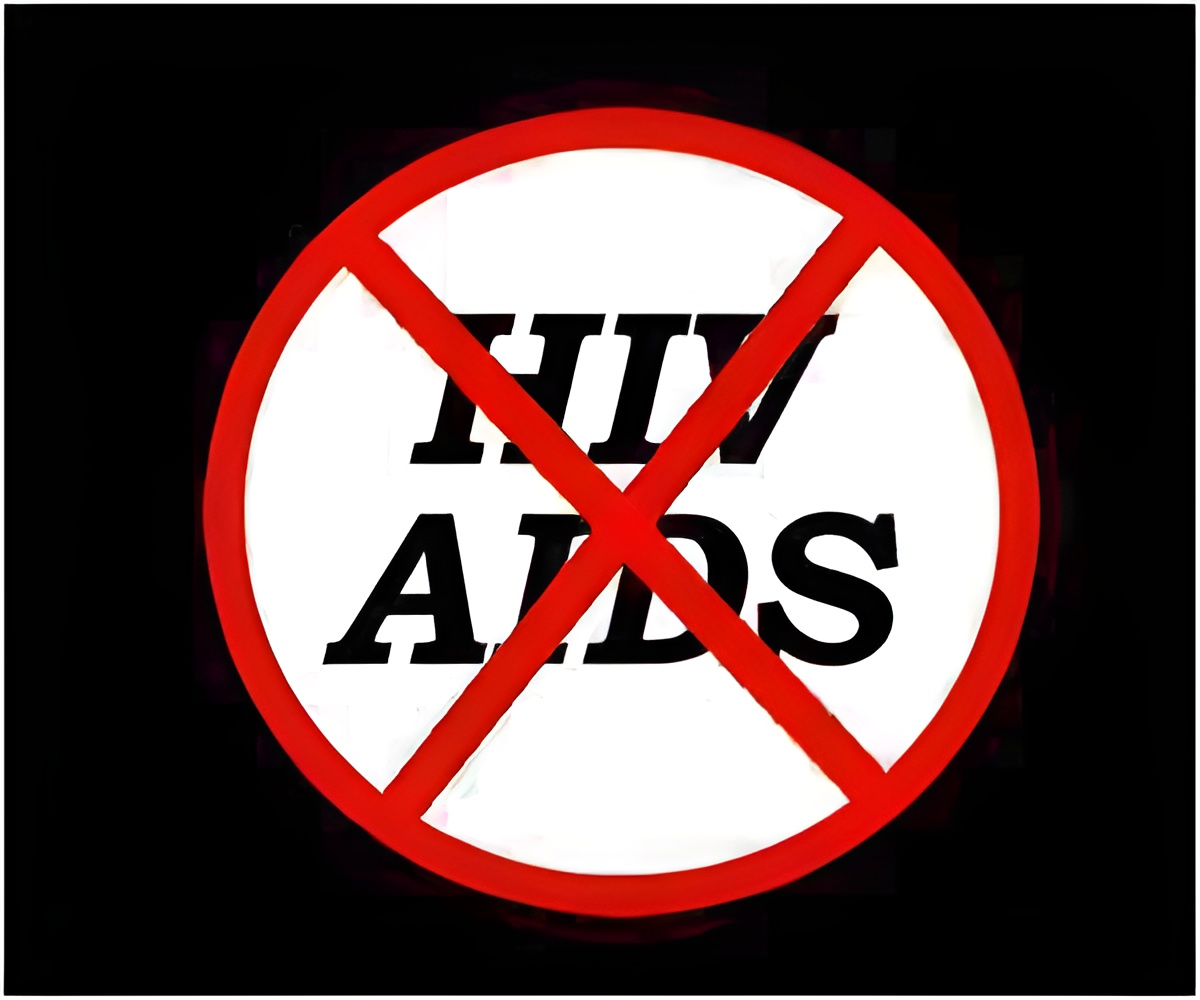The global epidemic of AIDS may be over by the year 2030, a UN official claimed, thanks to the speedy treatments and control of the disease

"HIV will continue existing as a case here or there but not at the epidemic level we have today," he told journalists late Wednesday.
Three million new HIV infections are reported each year and the disease, which attacks the immune system, kills 1.7 million people a year.
"We can get to the end of the epidemic because we have treatments and ways to control the infection," said Loures, who is in Panama to discuss AIDS strategy with UN agencies in Latin America. "We are making progress, without a doubt."
Two decades ago the average annual cost of treatment per person with HIV was $19,000 while today it is $150 thanks to generic drugs.
Moreover, people with HIV are getting treatment earlier, which retards the disease's development.
Over the past two years, the number of people who have obtained treatment for HIV has increased by 60 percent.
"If we do not succeed in controlling the epidemic among these groups, AIDS will stay with us," he warned.
At the end of 2011, there were 34 million people living with HIV, 69 percent of them in sub-Saharan Africa where one in 20 adults have the disease.
"Today, there are a number of cases where we have evidence of a cure and that gives us great hope," Loures said.
Source-AFP
 MEDINDIA
MEDINDIA


 Email
Email









